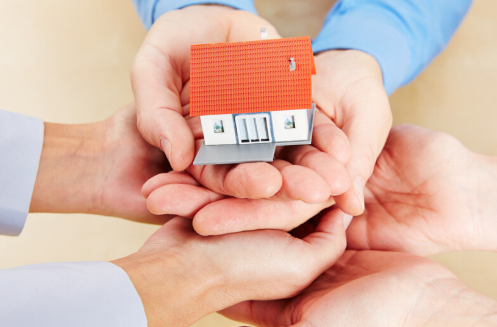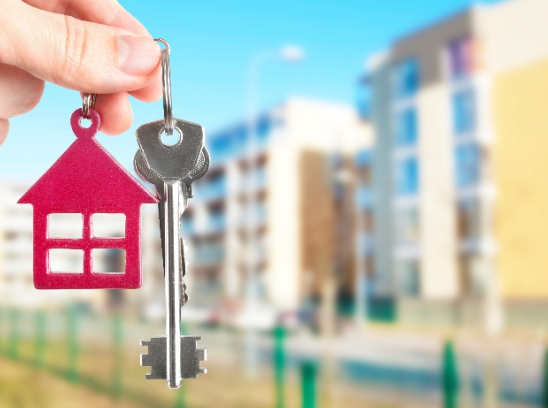Home ownership is not always as straightforward as it sounds. Here we look at some of the different types.
Sole Ownership
When someone buys a property on their own, they have sole ownership. That person has sole responsibility for the mortgage, housing insurance, and maintenance of the building and land, regardless of whether other people live there or not.

Joint Ownership
Buying with a spouse, partner, or even a friend, means joint ownership. If one person dies, ownership automatically goes to the other owner(s). Sometimes people are added or removed, in which case you will need to appoint a transfer of equity solicitor from a trusted legal specialist, such as https://www.parachutelaw.co.uk/transfer-of-equity-solicitor.
Shared Ownership
This is a fairly new type of ownership that allows people to buy a share of a house and rent the remainder from a housing association or company. The owner will have the option to buy more shares of the house as time goes by.
Freehold vs Leasehold vs Shared Freehold
This is another important aspect of home ownership and it’s important to know the difference between the various options. Houses are typically freehold, which means the owner owns the land it is on and every part of the house. A flat or apartment is often leasehold, which means another party owns the land and is responsible for shared areas and exteriors. The owner of the flat ‘leases’ it, usually for a time period far outstripping their own lifetime, and pays rent/fees to the freeholder. There is also ‘shared freehold’, whereby the owners of a block of flats might share the freehold between them.

As you can see there are many different types of home ownership, and it’s important to understand what they all mean before you enter into any legal contracts.
